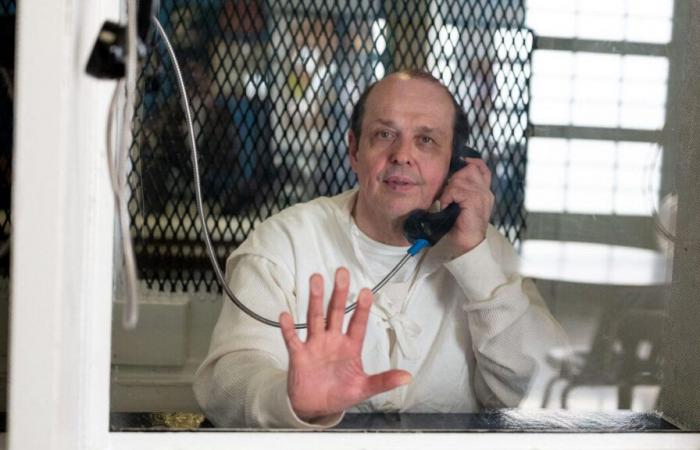The Texas Supreme Court opened the way Friday for the execution of an American with autism, convicted for the death of his daughter in 2002 attributed to “shaken baby” syndrome, despite serious doubts that have since emerged about this diagnosis .
Robert Roberson, 57, had obtained a reprieve from the lethal injection planned for October 17, following a request from a committee of the Texan parliament. The elected officials had summoned him for a hearing, in a final attempt to secure a postponement of his execution. The Texas Supreme Court initially granted this request from elected officials, prohibiting the killing before a decision on the merits.
“An unprecedented question of separation of powers”
The case poses “an unprecedented question of separation of powers,” declared Evan Young, judge of this high court, on Friday. But “the prerogatives of the commission to summon for a hearing do not include the power to override the legal procedure leading to an execution,” he added. A new deadline can now be set, but a period of 91 days is planned between the decision and the execution itself.
Robert Roberson's defenders argue that the diagnosis of shaken baby syndrome, made in 2002 at the hospital where he took his daughter Nikki to the emergency room in critical condition, was incorrect. In addition, his autism, finally officially diagnosed in 2018, was interpreted at trial as indifference to the situation, according to them.
“We were looking for someone to blame”
Her lawyers rely in particular on recent medical analyzes attributing Nikki's death to serious pneumonia, undetected at the time, aggravated by the prescription of unsuitable medications, as attested in a letter from 34 doctors.
“We were looking for a culprit, we stuck this label on him and we made him stand on a pseudo scientific basis,” lamented former police officer Brian Wharton, in charge of the case at the time and who has been campaigning for years for the annulment of the conviction.
By summoning him to a hearing, Texan elected officials expressed their frustration at seeing so little application by the courts of a pioneering law adopted in 2013 by this state to review convictions based on scientific elements that ultimately turned out to be erroneous.
A request for clemency is supported by 86 elected officials of the Texas House of Representatives, including more than a third of Republicans, who expressed their “grave concern that Texas could put him to death for a crime that did not have place, as new evidence suggests.”






